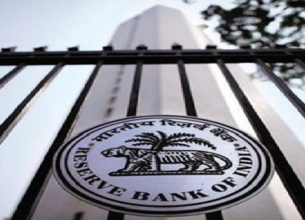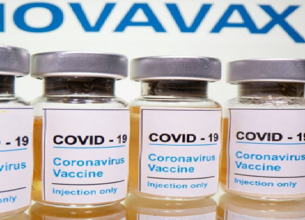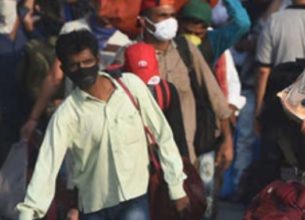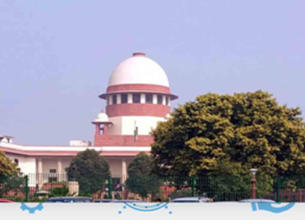ECONOMIC RELIEF MEASURES TO TACKLE CORONAVIRUS OUTBREAK
25, Mar 2020
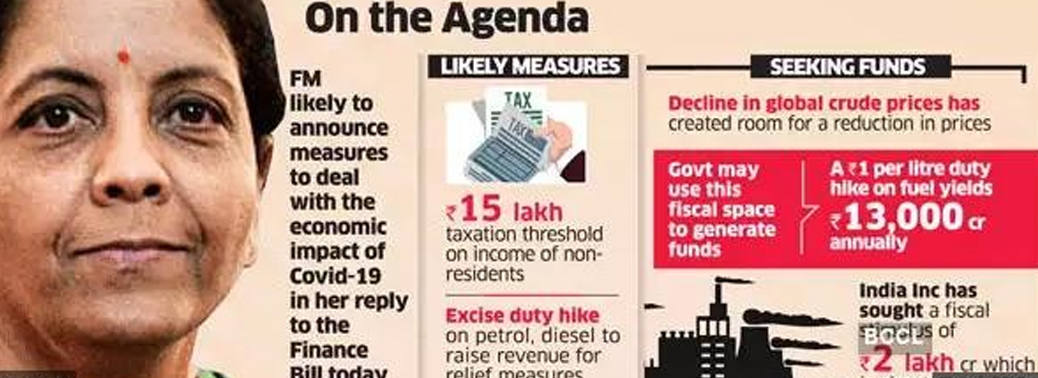
Prelims level : Governance
Mains level : GS-II Government policies and interventions for development in Various Sectors and Issues Arising out of their design and Implementation
Why in News?
- Finance Ministry has announced several measures aimed at alleviating the growing economic stress in the country in the wake of the disruption caused by the spread of the novel coronavirus SARS-CoV-2.

Highlights:
- Contrary to expectations, the Ministry did not announce any fiscal sops, and limited itself to providing extensions for a range of regulatory requirements.
- The regulatory relief applies to taxation, both direct and indirect, as well as everyday working norms for a variety of economic magnates such as exporters and importers, small and medium-sized firms, and individuals as well.
- The most important change relates to the regulatory forbearance for firms that are likely to face bankruptcies.
- Under the Insolvency and Bankruptcy Code (IBC), bankruptcy proceedings can be started against a firm that defaults on an amount of Rs 1 lakh or more, this threshold has now been raised to Rs 1 crore.
- This will immediately help micro, small and medium enterprises (MSMEs) which are expected to be among the worst hit due to the ongoing economic slowdown. By raising the threshold, the government has provided immediate reprieve to all such firms.
- The ministry also noted that if the situation demands, that is, if the economic distress continues or intensifies, the government would consider suspending Sections 7, 9, and 10 of the IBC for a full six months after April end.
- The government has increased the deadline for filing income-tax returns for 2018-19 has been relaxed and the penal interest rate has been reduced. On Goods and Services Tax compliance, too, there has been a similar relief.
- The Aadhaar and PAN linkage too has been pushed to June-end. Government has also extended the deadline for dispute resolution schemes on the direct tax (Vivaad se Vishwas Scheme) and indirect taxes (Sabka Vishwas Scheme) till 30th
- It has also provided relief to importers whose shipments are delayed or those who need extended quarantining facilities.
- In the fisheries sector, Sanitary Import Permits, which were to expire by April 15 have been extended for 3 more months. However, these measures target only the organised sector of the economy.
- About 90% of employment in India is in the informal or unorganised sector. Economic
- slowdown affects that sector the most, and is likely to result in massive unemployment and deprivation. None of these measures is targeted towards that demographic.





